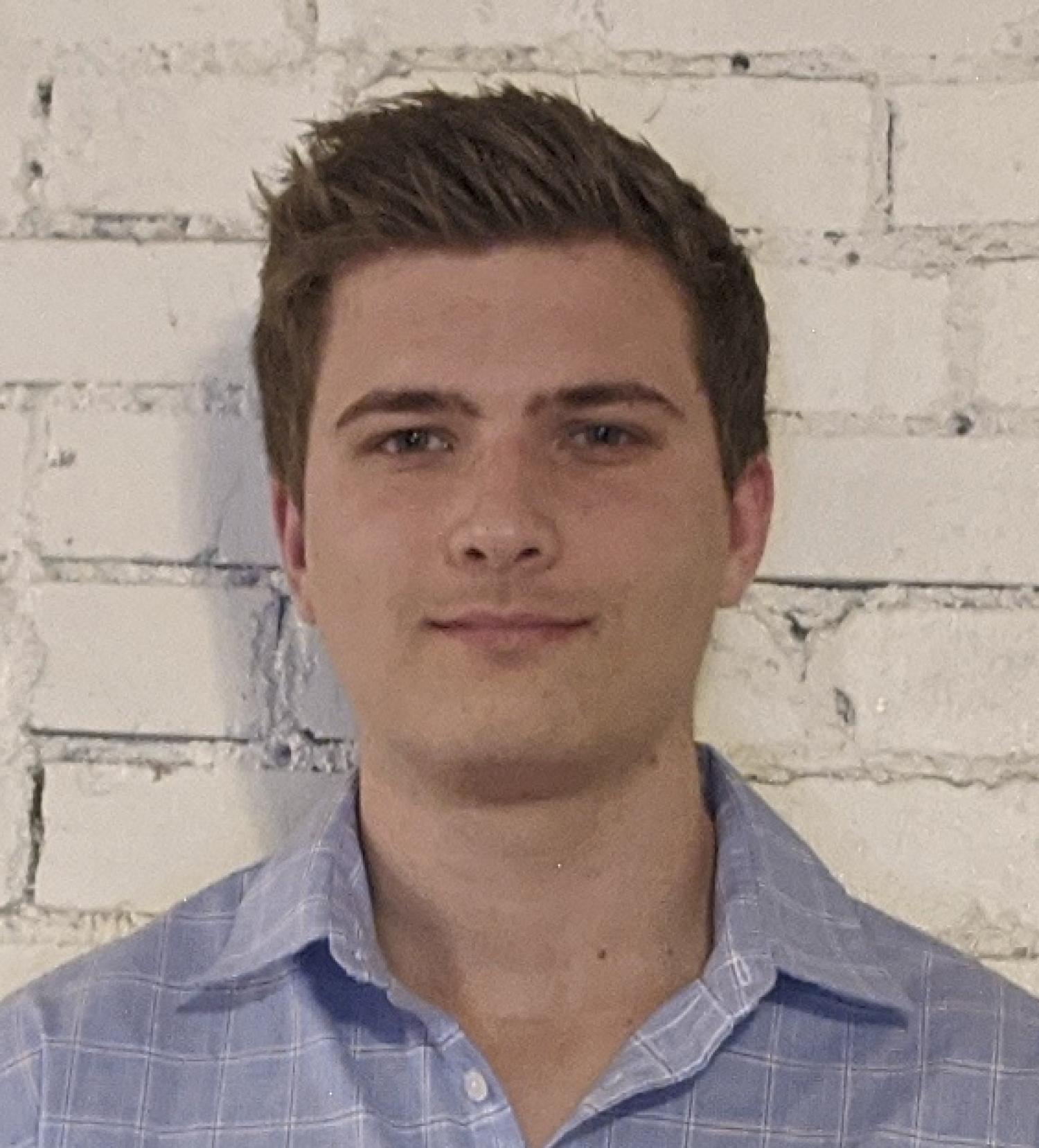Undergraduate recognized by college for excellence in research

Jimmy Gammell has been named an Outstanding Undergraduate for Research by the College of Engineering and Applied Science! In addition to his double-major in applied math and electrical & computer engineering, Gammell will also graduate from CU Boulder with two academic publications under his belt.
Since summer 2018, he has been working with a research group at the National Institute of Standards and Technology that is studying hardware applications of neuromorphic computing and superconducting electronics. Through that project, he was the lead author on a paper for the International Conference on Neuromorphic Systems and second author on an article in the AIP Review of Scientific Instruments. He has also submitted a third paper for review, again as lead author.
Adam McCaughan, Gammell’s supervisor at NIST, said he is “possibly the best undergraduate researcher I have ever mentored” and is well-respected within their research group for his technical aptitude, problem-solving abilities and communication skills.
“Jimmy has been an outstanding undergraduate researcher, and I believe has a very promising career ahead of him,” McCaughan said. “I am looking forward to seeing the impact of his work in the next few years.”
We asked Gammell for his reflections on his time at CU Boulder and what’s next for his career.
Tell us about a moment (or moments) when you felt like you hit your stride as a engineer.
I felt I hit my stride the first time my research was accepted for publication (ICONS 2020). This was validating because it indicated that the work I was doing had value for my field of study, rather than just being a way to rehearse for activities in the future.
What was the biggest challenge for you during your engineering education? What did you learn from it?
The outbreak of COVID was challenging because almost everything was remote so I didn't have the natural separation between work, school and down time that results from doing those things in different physical locations. I was able to think about/do any of those things all of the time, which made me inefficient at all of them. I learned that it is important to set aside time to focus on one thing at a time, and also to spend time not working or thinking about working.
What is your biggest piece of advice for incoming engineering students?
I would advise them to focus on trying to understand the underlying principles of the topics they study rather than treating each of their classes as a list of facts and formulas to learn. The latter is easier in the short term, but the former will make it easier to learn new topics that build on those previously studied, and is also more-useful in actual engineering tasks because the underlying principles show up in a wide variety of applications, whereas there are so many facts and formulas that they are unlikely to memorize and retain a significant portion of those they will need in the future.
What is your plan for after graduation?
I will be pursuing a PhD in neuromorphic computing at the Center for Brain Inspired Computing at Purdue University.

